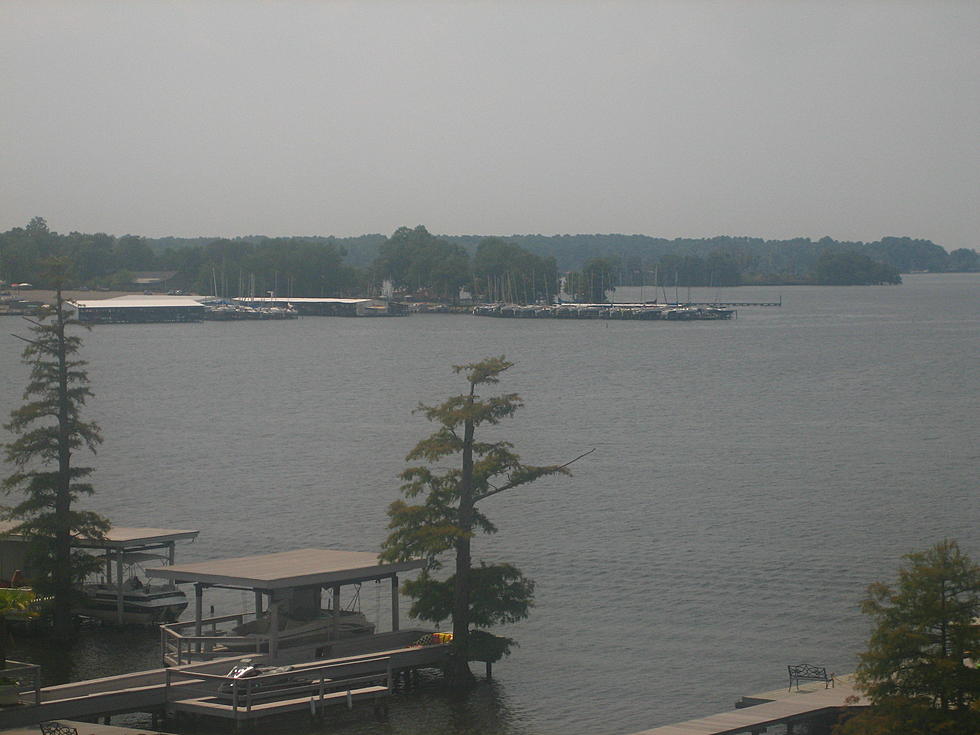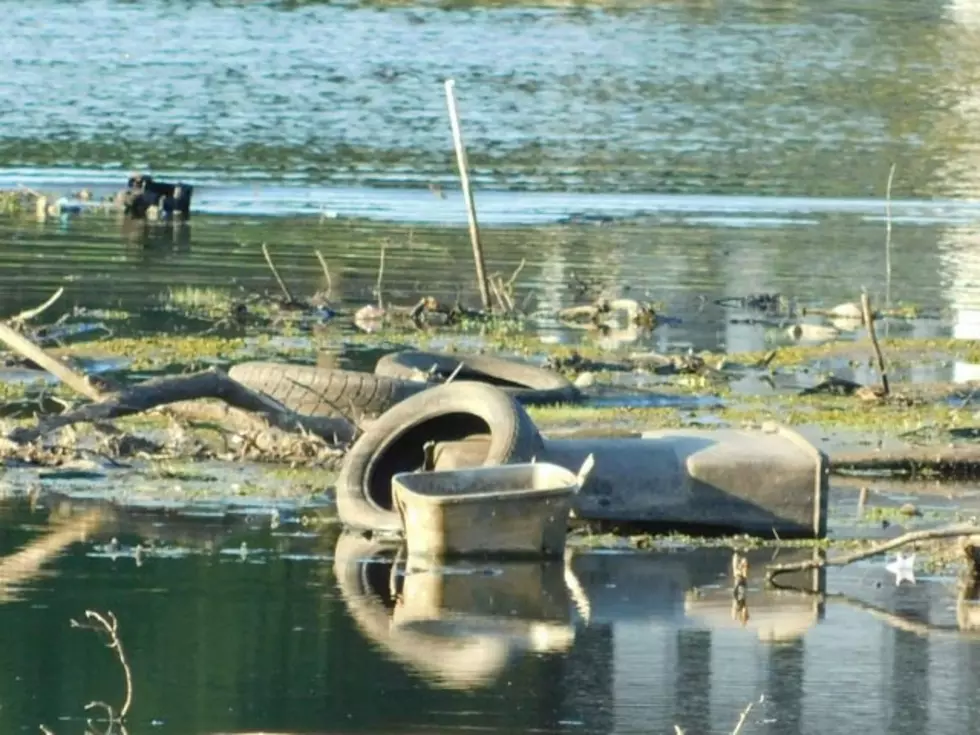
Is Shreveport’s Water Safe To Drink?
According to the Environmental Protection Agency (EPA), there are over 151,000 public water systems in the U.S. All of these systems must meet the standards for drinking water quality as set forth in the Safe Water Drinking Act (SWDA) of 1974. The law established national drinking water safety standards and standardized the monitoring of the nation's water supply. It was was amended in 1986, 1988, and 1996 in order to add additional safety standards.
The EPA is charged with enforcing the standards of the act and has strict monitoring procedures that must be followed by all water systems. Except in extremely rare cases, you can rest assured that the water that comes out of your tap won't kill you, or make you sick.
But that doesn't mean it has to taste good. There aren't really any standards set for that, which is evidenced by the taste of the City of Shreveport's water. My wife and I are new to the area, and in my over 30 years in radio we've moved around quite a bit. I can safely say that Shreveport has the worst tasting water in the country, bar none. Even the mineral-laced water of West Texas doesn't taste as bad as the dreck that comes out of our faucet in Broadmoor. My wife says it tastes like dirt, and I don't disagree.
Even with it's foul taste, our water's safe because the EPA is watching over us. Right?
According to the EPA's web site, the agency has drinking water regulations for more than 90 contaminants. All water systems have trace levels of some contaminants which, in large enough quantities, can be hazardous to your health. These include aluminum, barium, chromium,and strontium. Oh, BTW, these are just some of the ones you can find in Shreveport's water.
Since 2010, an environmental advocacy organization called the Environmental Working Group (EWP) has compiled a national tap water database that analyzes over 30 million state water records. By simply typing in your zip code, the web site will give you the drinking water quality report on the water utility that serves your area. The report is based on the results of tests conducted by the utility and filed with the EPA and each state's health department. In the case of Louisiana, it's the Department of Health and Hospitals. The report will tell you the contaminants that were detected in your tap water and whether or not they are under or above health guidelines.
Keep in mind that EWP is an advocacy group, so if a report says that a contaminant is above health guidelines, it doesn't necessarily mean that it will hurt you. Also, you'll notice that all of these reports have a handy-dandy button that will take you to a page that displays different kinds of water filters you can purchase that will remove these contaminants from your water.
More From Highway 98.9









